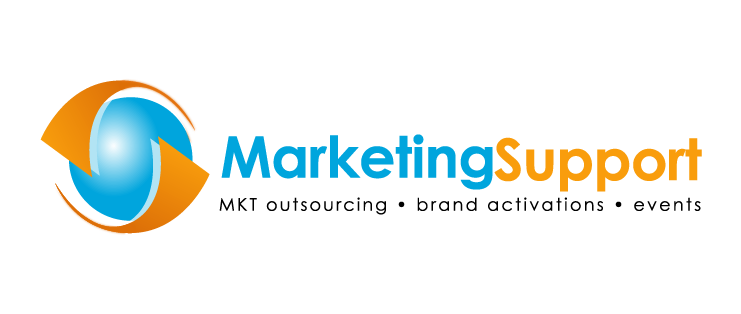Accountants should aim to provide full disclosure of all financial and accounting data in financial reports. All financial reporting methods should be consistent across time periods. By law, accountants for all publicly traded companies must comply with GAAP. I like to remember equity as the difference between my business’s assets (what I own) and liabilities (what I owe). Not to be confused with your personal debit and credit cards, debits and credits are foundational accounting terms to know.
Is this course really 100% online? Do I need to attend any classes in person?
Many businesses operate out of a cash account – or a business bank account that holds liquid assets for the business. A debit is a record of the money expected to come into my account, while a credit is a record of all money expected to go out of my account. Essentially, debits and credits track http://www.yurclub.ru/docs/corporate/article60.html where the money in your business is coming from and where it’s going. Access a free P&L statement, balance sheet, cash flow statement, and more. Understanding these statements is useful no matter your role or industry because they illustrate the ins and outs of your organization’s finances.
Time Management
A balance sheet also shows me the business’s retained earnings, which is the amount of profit that has been reinvested in the business (rather than being distributed to shareholders). An income statement https://d1783.com/DevelopmentPerspectives/prospects-for-promotion-of-advertising shows your company’s profitability and tells you how much money your business has made or lost. International accountants focus on working with businesses that operate around the globe.
Accounting Principles and Practices
When a company pays for an expense out of pocket, the cash account is credited because money is moving from the account to cover the expense. This means the expense is debited because the funds credited from the cash account are covering the cost of that expense. Whether you’re doing the accounting yourself or working with an external party, these phrases will come up. Talking the talk will help you make better choices for your business.
Bookkeeping Study Guide
For the past 52 years, Harold Averkamp (CPA, MBA) hasworked as an accounting supervisor, manager, consultant, university instructor, and innovator in teaching accounting online. He is the sole author of all the materials on AccountingCoach.com. For the past 52 years, Harold Averkamp (CPA, MBA) has worked as an accounting supervisor, manager, consultant, university https://amvnews.ru/index.php?go=Files&in=view&id=166 instructor, and innovator in teaching accounting online. This course is completely online, so there’s no need to show up to a classroom in person. You can access your lectures, readings and assignments anytime and anywhere via the web or your mobile device. By comparison, fixed costs remain the same regardless of production output or sales volume.
- For example, if I’ve recorded various transactions throughout the month, I’ll generate a trial balance to see if the total debits match the total credits.
- Even if you opt to hire a professional, you’ll be able to better communicate if you understand the concepts that I’ve discussed in this guide to accounting basics.
- Being part of a network of dedicated learners can provide support and motivation as you hone your accounting skills.
- Technically, you should be doing it every day, but we all know life can get in the way.
Your liabilities could include a credit card balance, payroll, taxes, or a loan. Capital refers to the money I have to invest or spend on growing my business. Commonly referred to as “working capital,” capital refers to funds that can be accessed (like cash in the bank) and don’t include assets or liabilities. Accounts payable is money that I owe other people and is considered a liability on my balance sheet.
What are some accounting concepts?
- Working capital defines the sum that remains after subtracting current liabilities from current assets.
- In accounting terms, profit — or the “bottom line” — is the difference between the income, COGS, and expenses (including operating, interest, and depreciation expenses).
- Maybe you’re simply striving to understand the financial underpinnings of your organization and make a positive impact in your current position.
- By spreading my investments across different industries or asset classes, I can reduce the risk of losing a significant portion of my capital if one area underperforms.
- For example, if I spent $500 to fly to and attend a marketing conference, that’s $500 less I owe in taxes for that year.
- Tax day and the financial year are big markers for the organizations you work with.
Joe has researched his idea and has prepared a business plan that documents the viability of his new business. This means that you should always seek professional advice for your specific circumstances. Through a series of steps known as accounting cycle, it gathers information about business transactions, and collates and summarizes them to generate reports for a business entity.
- The lessons here will serve as a primer for beginners and a refresher for those who already have some accounting background.
- The balance sheet is prepared in order to report an organization’s financial position at the end of an accounting period, such as midnight on December 31.
- Understanding these statements is useful no matter your role or industry because they illustrate the ins and outs of your organization’s finances.
- Joe has researched his idea and has prepared a business plan that documents the viability of his new business.
- The statement of comprehensive income is one of the five financial statements required in a complete set of financial statements for distribution outside of a corporation.

